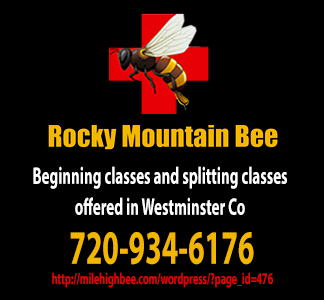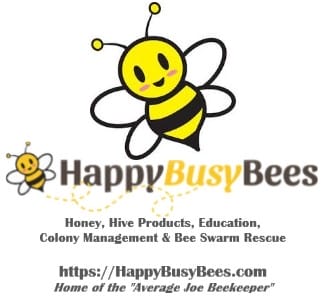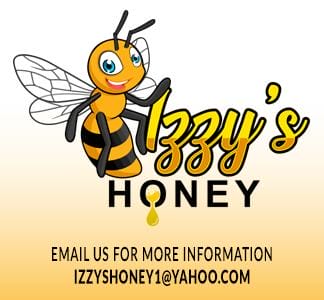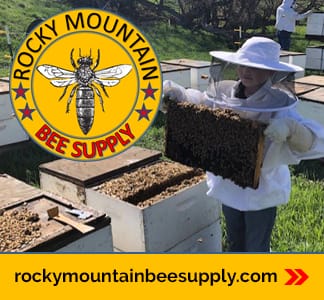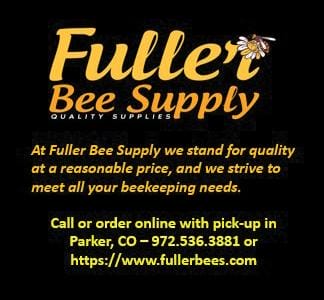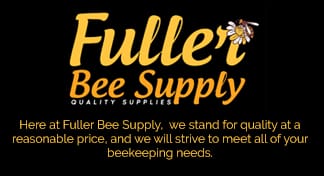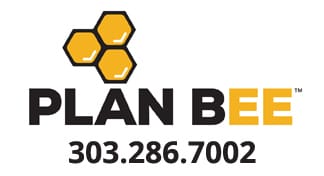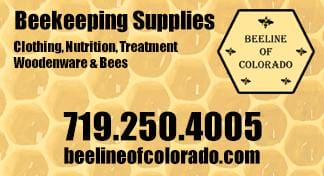Farming For Bees
Agricultural endeavors and beekeeping are not mutually exclusive enterprises. One hundred years ago, every farm had a bee hive to provide honey and beeswax for everyday use. More importantly, they were kept to provide for the pollination needs of the farm.
Now, there is a resurgence in interest in bees–native pollinators and managed honey bees–on the farm. If you are a grower and you are interested in the benefits of pollinators to your operation, use the following links for more information.
OSU Bee Lab–Farming for Bees
Xerces Society–Farming For Bees
Xerces Society–Farming for Pollinators
Xerces Society–Using Farm Bill Programs for Pollinator Conservation
Protecting Bees During Spring Planting
Using Conservation Buffers
Partners for Sustainable Pollination–Be a Bee Friendly Farmer!
Extension–Guidelines for Providing Native Bee Habitat on Farms
National Sustainable Agriculture Information Service
Cornell University’s Resource Guide for Organic Insect and Disease Management
Of course, pesticides pose a problem for native and managed pollinators. Consider practicing Integrated Pest Management in your operation. See our Integrated Pest Management page for more information. High Plains IPM offers a host of alternatives to chemicals for crop pest management. You can search by pest or crop on the site.


